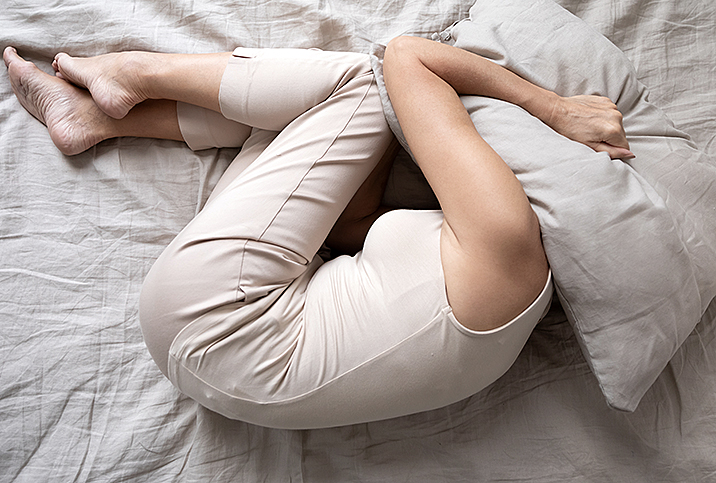Postpartum Depression: Identification

Peripartum depression and postpartum depression are the two most common medical complications that can occur during the final stages of pregnancy and after childbirth. Peripartum refers to the period shortly before, during and immediately after childbirth. Postpartum refers to the time after childbirth.
For most new moms, it’s normal to feel a little sad, worried and anxious, but these feelings usually fade after a few weeks. However, women with postpartum depression (PPD) are challenged by anxieties that last longer and have greater intensity and distress, sometimes making it difficult for the mother to care for herself and her baby.
Postpartum depression is a serious but treatable medical illness that affects an estimated 1 in 7 women.
Understand the causes
Pregnancy and the period after delivery can be an especially vulnerable time for women: Mothers often experience great biological, emotional, social and even financial changes during this time.
Research suggests that rapid changes in stress and thyroid levels during pregnancy and after delivery may trigger symptoms of postpartum depression. When women are pregnant, the hormones estrogen and progesterone are at their peak, but in the first 24 hours after childbirth, hormone levels fall dramatically back to pre-pregnancy levels. This drastic change can cause problems for some new mothers.
Women are at an increased risk of depression during or after pregnancy if they are younger than 20 years old, or have the following issues:
- Problems with a previous pregnancy or birth
- Relationship or money problems
- Alcoholism or addictive drug use
- A baby with health problems or special needs
- Difficulty breastfeeding
- An unplanned pregnancy
- History of physical or sexual abuse
- Recent stressful life events
- Limited support from family and friends
- History of depression, either during pregnancy or at other times
- Bipolar disorder
- Family members with depression or other mood disorders
Recognize the symptoms
Women experiencing postpartum depression usually exhibit several symptoms within a few weeks of delivery. In some cases, however, PPD doesn't surface until months later—anytime up to a year after childbirth. The severity of the symptoms may change over time as well.
Some of the most common symptoms are feelings of being:
- Sad or depressed
- Worthless or guilty
- A bad mother
- Out of control
- Irritable
- Angry
- Overwhelmed and hopeless
- Not connected to the baby, or very anxious about/around the baby
There are also common signs of physical and social distress:
- Mood swings
- Difficulty thinking, concentrating or making decisions
- Thoughts of death or suicide
- Crying often or for no reason
- Inability to sit still, pacing and hand wringing
- Headaches, aches and pains, or stomach issues
- Lack of interest in the baby
- Having thoughts of hurting the baby or oneself
- Loss of interest or pleasure in activities once enjoyed
- Changes in appetite
- Trouble sleeping or sleeping too much
- Loss of energy or increased fatigue
Get help with a diagnosis
Family members and friends should be on the lookout for the above signs. Many women have what is often referred to as the “baby blues” in the days after childbirth as their hormones stabilize. For anywhere from a few days to a couple of weeks, women may experience anxiety, mood swings, loss of appetite and crying spells. If the symptoms continue longer than a few weeks, it’s time to consult a healthcare professional who will be better able to identify PPD.
Although there is no precise diagnostic test for PPD, obstetricians, gynecologists, pediatricians and primary care physicians have various strategies to diagnose the condition. Physicians first rule out physical problems, such as thyroid issues or vitamin deficiencies, that may have a crossover of symptoms that look like depression.
Dads, too
New fathers can experience PPD, too. The signs and symptoms are similar. Men most at risk include young fathers, those with a history of depression and fathers who are financially struggling.
Postpartum depression in fathers, sometimes called paternal postpartum depression, has the same negative effects on relationships and child development as PPD in mothers. Similar treatments and supports provided to mothers with postpartum depression can be useful for fathers.
If you see any signs of postpartum depression in yourself or someone you love, it’s important to seek help. Connect with your physician or call the Postpartum Support International’s helpline at 800-944-4773.

















